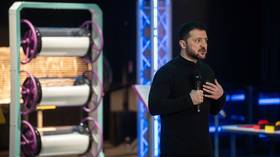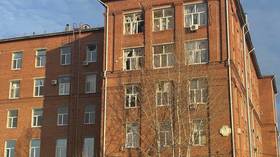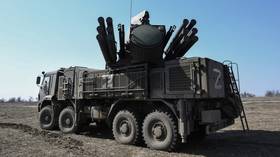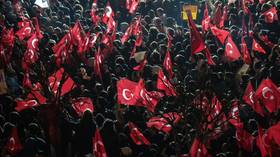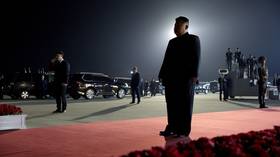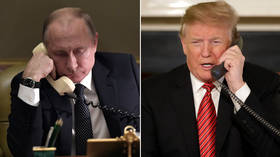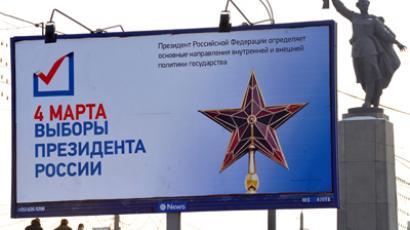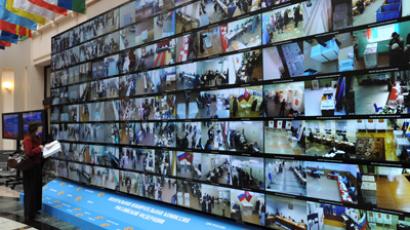State Duma speaker to shun PACE session over ‘Russophobic attitude’
Sergey Naryshkin says he doubts the members of the forthcoming PACE session intend to listen to Russia’s suggestions and therefore he had decided not to go to Strasbourg.
“As the opening of the Parliamentary Assembly session nears we had a feeling that it was unlikely that my strategic proposals will be heard by a number of leaders of the Parliamentary Assembly and a number of leaders of ‘Russophobic’ delegations,” the top Russian parliamentarian told reporters. He added that he intended to raise the question of the development of European parliamentarianism which, in his view, is currently facing serious problems. However, foreign colleagues demonstrated their interest in completely different things and therefore, Naryshkin considered it reasonable to speak at another session, when the conditions are more fitting. Russia will still send its delegation to the PACE session and it will be headed by Aleksey Pushkov, the head of the Lower House Committee for International Affairs. The new head of the Russian delegation has told reporters that he possessed information on PACE’s intention to introduce tougher monitoring of Russian events and added that if this is true, such a move would seriously complicate the cooperation between the Council of Europe and the Russian Federation. Pushkov also said that apparently such initiatives were coming from ‘Russophobic’ delegations.Naryshkin’s comments came soon after it was reported that PACE rapporteurs Andreas Gross and Gyorgy Frunda prepared a new evaluation of Russia’s success in honoring its commitments as a member of the Council of Europe. The draft of the document contained a large number of referals, both on foreign policy and on Human Rights issues, in particular the process of the Pussy Riot band members’ case and the slow pace of the judicial system reform. “The text of the resolution is harsh and the general atmosphere in Strasbourg is very nervous. Protests against the Pussy Riot conviction are being scheduled and that is why different scenarios of the delegation’s participation in the session have been discussed,” a participant of the State Duma conference on the subject has told the Interfax news agency. Shortly before Naryshkin announced his decision not to attend the PACE session, news agencies reported that Russia had refused to ratify the European Council’s resolution on Youth Politics. This happened after other delegations unexpectedly amended the text of the resolution with a paragraph on sexual minorities’ rights and suggested that it received key status.Members of the Russian delegation insisted that this issue was not among the top priorities in the formation of youth policy. And as a result the ratification of the resolution was blocked for the first time. The Swedish Minister for Gender Equality warned that the failure to approve the final declaration will not be understood by the Council of Europe.To this, the Russians said they are still observing the principles of the European Human Rights Convention that forbid the discrimination on the basis of sexual orientation.



